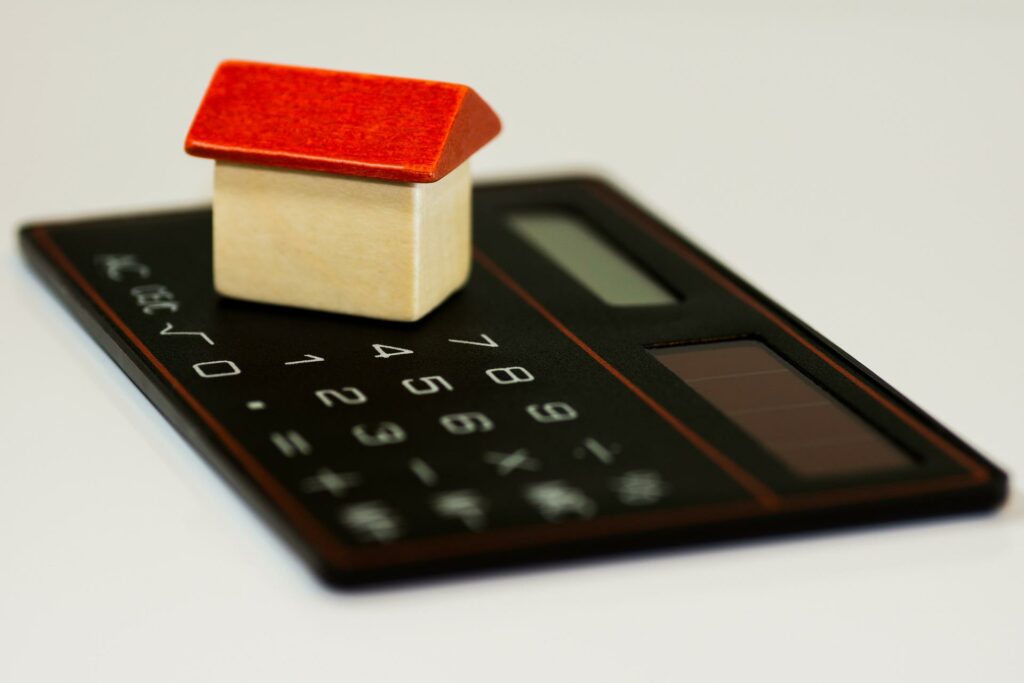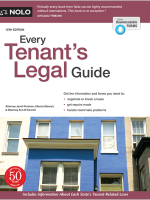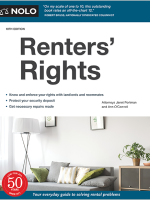So your landlord sucks. Now you want to know if you can sue them, how you’d go about doing that, and what you can expect to get, right? Before you consider suing your landlord, consider what you might have to sacrifice to win.
Not every battle is worth dying for. And this one may or may not be one of them. Sure, suing your landlord may be about the principal. To teach them a lesson – or maybe rebalance the scales of karma a scooch – or whatever other reason you want to tell yourself.
But suing your landlord does not come without some big financial risks.
Risks Of Suing Your Landlord
Most landlords are protected by limited liability companies (LLCs) or large organizations. They may have in-house legal counsel and deep wallets to hire competent attorneys.
Suffice it to say, that this project isn’t going to be cheap on your wallet if you chose to lawyer-up. Certain states even require you have an attorney. Although most allow you to represent yourself in Small Claims Court.
And lawyers are expensive.
On the other hand, if you chose to go it alone, be prepared to dedicate days to dealing with court-related proceedings. This isn’t just days in court, either. This includes gathering, filing, and submitting paperwork, dealing with filing fees, dealing with their rebuttals, doing your own legal research, and potentially taking time off work to do it.
Court is a time-suck. Don’t underestimate how much time and money you’ll lose doing it on your own. Especially if you’re up against a lawyer who can bury you in paperwork.
It’s also a massive risk to sue a landlord when you currently live on their property. They could retaliate and, since they’re in a legal pickle, they’ll probably retaliate in ways that are legal but highly inconvenient.
Reasons To Pursue Suing Your Landlord
There’s probably a never-ending list of reasons why you want to. But, legally speaking, here are the top reasons you’d be able to sue them and possibly win.
Security Deposit
Each state’s landlord-tenant law lists specific reasons your landlord can take deductions from your deposit. If your landlord has made a deduction for reason that’s not allowed – or which you didn’t specifically agreed to in advance -you can take your landlord to court.
You can also file a suit if your landlord has not returned or is withholding your security deposit.
Discrimination
Discriminations a big one. Of course, your landlord cannot violate the Federal Fair Housing Act (FHA.)
If you can prove they did, you may have a legal case against them. You’ll first have to file a complaint with HUD, and they’ll investigate your claim. If they find that they did violate the FHA, legal action will be taken by HUD.
Illegal Clauses
Not all clauses are legal. Your landlord cannot include clauses that go against the landlord-tenant laws for your state. For example, service animals are allowed under the Federal Fair Housing Act. If they refuse to allow your service animal, it’s illegal.
That’s just one example. Of course, there’s plenty of other illegal lease clauses out there. Here are a few more to keep an eye out for:
- A clause that says a landlord can use your security deposit to pay for utilities if you don’t pay for them.
- A clause that says you must pay for electricity or gas where the service or bill is in your landlord’s name.
- A clause that says that immediately upon termination of your lease you must pay all rent due for the remainder of the term of the lease.
- A clause that says you’re responsible for all repairs to the property – or specifically ones which you did not cause.
- A lease that does not include an ending date or a rent amount will not be valid.
However, the tricky part here is that these clauses aren’t enforceable, so there’s not much need to sue your landlord over them unless you attempted to comply with them prior to you realizing they were illegal. Be sure to check with your state tenant-landlord laws.
Not Reimbursing Repairs
If your landlord refused to address the repair that affected the health and safety or refused to perform them in a reasonable time, and you had to personally pay someone to perform the repair, you can see your landlord to recover the money paid out-of-pocket as well as prior possible damages.
Negligence
If you were hurt, robbed, assaulted, or had any other incident that directly stems from your landlord’s negligence, you could possibly have the opportunity to sue your landlord for negligence. However, expert proof may be required in order to satisfy the burden of proving negligence.
If you’re successful, you will be allowed to recover damages caused by the incident.
Didn’t Disclose Issues
If your landlord didn’t disclose lead paint hazards or mold issues at the property – or purposely hid them from you -you may have legal ground to sue. Especially because they’re issues that cause long-term health problems.
For Injury
You could have a case for a lawsuit if you’re injured at rental property due to negligence. For example you slip and fall because there’s not a banister in the stairwell. This does not pertain to you slipping and falling because you or your neighbors refused to pick up after themselves.
Illegal Entry
Landlords have to provide reasonable notice to enter your rental property. And they can only do so for legally allowed reasons. If your landlord violates these laws, the tenant can go to court to stop landlord from entering and could be awarded damages.
Illegal Eviction
You can counter sue your landlord if you feel like your landlord is trying to you illegally evict you. This could be trying to force you out without following state laws on eviction, locking you out, changing your locks, or fabricating or exaggerating a reason to evict you.


